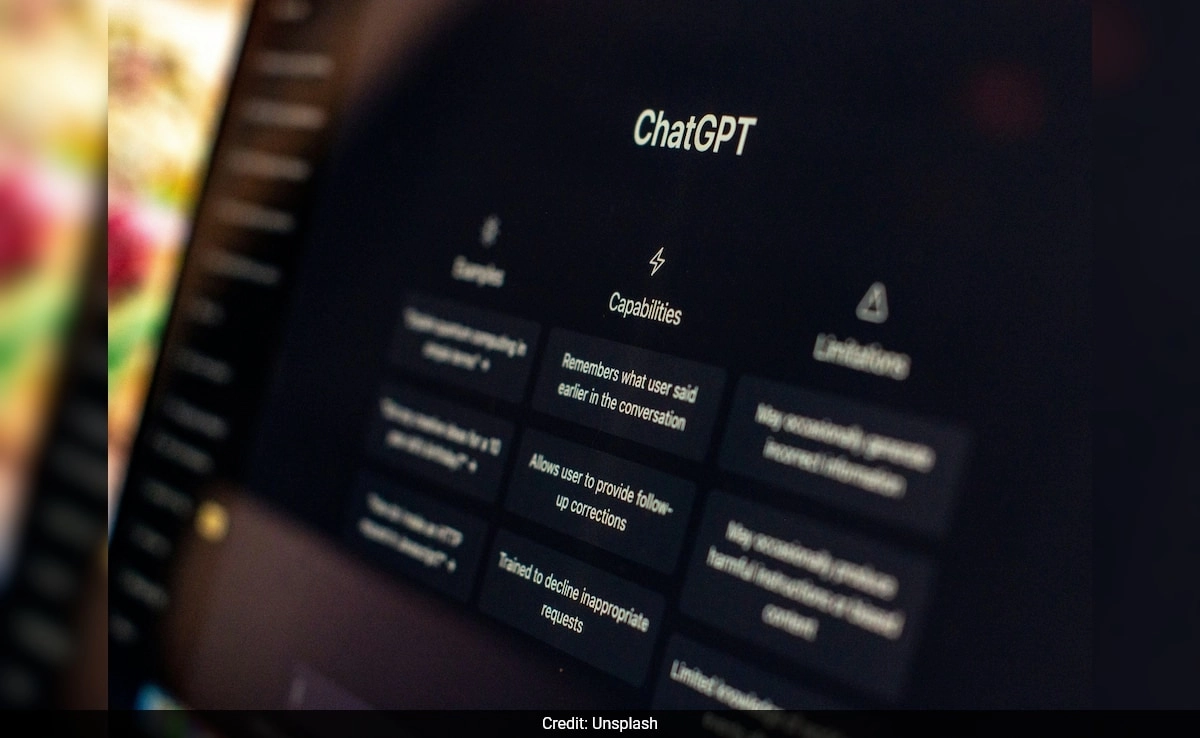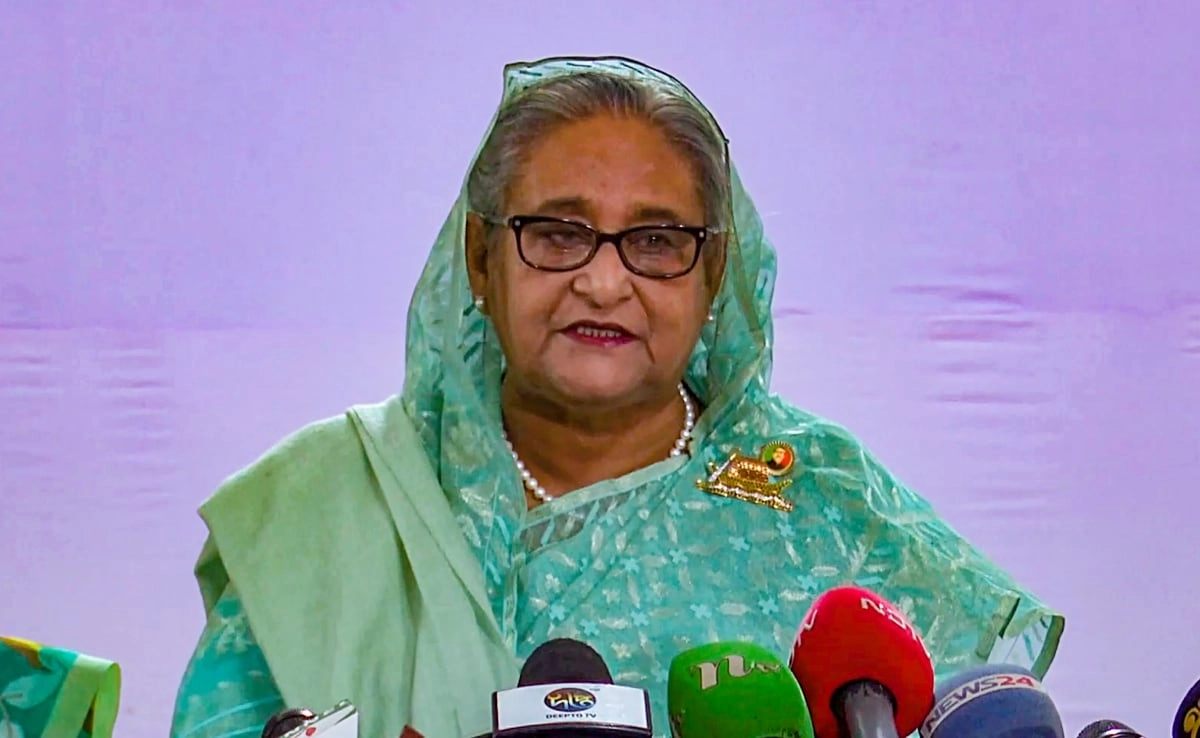In a remarkable and somewhat unsettling story, a woman turned to ChatGPT for assistance regarding her health concerns, only to receive a diagnosis that would profoundly alter the course of her life. The interaction began when she described her symptoms to the AI, which suggested that she might be dealing with a serious condition, including the possibility of cancer. Initially, the woman was skeptical about relying on an AI for such a grave diagnosis, but as time passed, the symptoms persisted and worsened, prompting her to seek professional medical advice.
A year later, after numerous tests and consultations with healthcare providers, her fears were confirmed: she had indeed been diagnosed with cancer. This confirmation came as both a shock and a validation of the initial diagnosis provided by ChatGPT. The intersection of artificial intelligence and healthcare has become an increasingly relevant topic, as more individuals turn to AI tools for preliminary medical advice. This case raises important questions about the role of AI in health diagnostics and the potential implications for both patients and healthcare professionals.
While the woman’s experience highlights the capabilities of AI in processing information and providing insights, it also underscores the need for caution. AI-generated advice should never replace professional medical evaluation and diagnosis. This incident serves as a reminder of the importance of seeking medical attention when experiencing concerning symptoms, regardless of what technology might suggest. As AI systems continue to evolve and integrate into various aspects of life, their capacity to assist in healthcare settings will likely expand, but so too must our understanding of their limitations and the need for human oversight.
Ultimately, this story is a poignant example of how technology can intersect with personal health journeys, sometimes in unexpected and life-altering ways. It emphasizes the necessity for individuals to remain vigilant and proactive about their health, while also fostering a dialogue about the ethical implications of relying on AI in sensitive areas such as medical diagnosis. As we move forward, balancing the benefits of AI with the indispensable wisdom of medical professionals will be crucial in ensuring that patients receive the best possible care.




